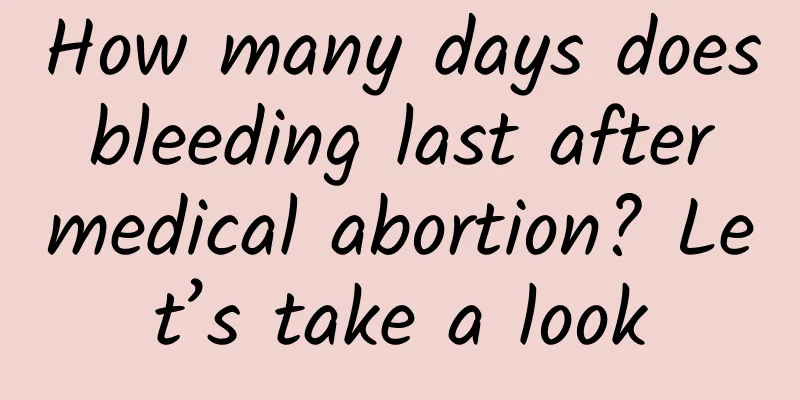Falling from heaven to hell! Chang Gung Sports Pharmacist Team Helps Prevent Athletes from Accidentally Using Doping Drugs

|
Doping is a big taboo for athletes! Some athletes thought they were just taking some cold medicine or cough syrup, but they actually accidentally took banned drugs, including common anabolic steroids, stimulants containing ephedrine, and diuretics. Once detected, athletes may lose their qualifications to participate in the competition, or even have their medals revoked, which is like falling from heaven to hell! Athletes often accidentally use sports doping Dr. Lin Ying-chou, vice chairman of the Chang Gung Sports Medicine Team, shared an example he had encountered during his years of experience in caring for athletes. One athlete lost the opportunity to participate in the competition because he took cold medicine and accidentally used banned sports drugs. This was a pity. Cold medicine is indeed the most common source of "sports banned drugs" that athletes mistakenly use, because one type of drug, ephedrine, can constrict the blood vessels in the nose and relieve symptoms of nasal congestion and runny nose; another type of drug, beta-agonists, can dilate the bronchi and relieve coughs. And if Chinese medicine preparations contain excessive amounts of unqualified ephedra, it may also be listed as one of the banned sports doping ingredients. In order to prevent athletes from accidentally using sports doping, the Chang Gung Sports Medicine Team officially established Taiwan’s first team of sports pharmacists in April this year, hoping to combine the professional strength of all Chang Gung pharmacists to assist athletes in the important task of first-line drug control. Chang Gung Sports Pharmacist team screens the athletes In order to help athletes understand banned drugs in real time, Chang Gung's "sports pharmacist" team is currently actively using mobile communication applications to establish the "Chang Gung Sports Medicine Team Sports Banned Drug Consultation" platform, adopting a "one-on-one chat" interactive model. Sports pharmacists will instantly review the prescriptions uploaded by athletes and answer whether they contain sports banned drugs, allowing athletes to use the drugs with peace of mind and correctly. Director Chen Qihua of the Linkou Chang Gung Memorial Hospital's Department of Pharmacy said that Japan has implemented a "sports pharmacist" certification system since 2009, and currently has more than 9,000 members. One of their main tasks is to promote sports doping education in schools and to provide sports doping consultation to athletes in community or national sports competitions. In the first half of this year, Chang Gung's "Sports Pharmacists" have visited many junior and senior high schools to teach school teams or students in physical education classes, teaching students about sports doping and reminding them to leave their medicine bags or prescriptions when seeking medical treatment. They can also use the Sports Doping App to search for information related to sports doping by drug name, and students have all responded that they have benefited a lot. Chang Gung Memorial Hospital hopes that more medical institutions across Taiwan will respond and jointly train sports pharmacists to spread the knowledge of sports doping in hospitals and campuses. In the future, we also hope that community pharmacists can join in and work together to promote this meaningful activity. |
Recommend
The harm of electrocautery for cervical erosion
Electrocautery for cervical erosion is a commonly...
How much does menopause surgery cost?
Women should not underestimate menopause. This di...
Obesity can cause brain disease! Chinese medicine practitioner Liao Wanrong teaches how to drink tea to reduce belly fat and press hunger points to reduce appetite
Everyone knows that obesity can lead to chronic d...
5 golden rules to lose weight after childbirth is super easy
The entertainment industry has been full of happy...
How to distinguish brewed soy sauce from chemical soy sauce? Is chemical soy sauce harmful to the human body? Nutritionist's analysis
Soy sauce is a necessity in people's lives an...
Hsu Chi's 10 secrets to maintaining her figure! Is it okay to eat whole grain porridge for dinner? Famous weight loss doctor reveals: 4 benefits of whole grains
The internationally renowned actress Shu Qi, alth...
Some precautions for chronic adnexitis
It is very necessary for patients with chronic ad...
What nutrients are needed in the diet for cervical precancerous lesions
The dietary needs for cervical precancer are diff...
What should I not eat if I have uterine fibroids? Is uterine fibroids okay after the age of 45?
What should I not eat if I have uterine fibroids?...
What are the early symptoms of pelvic inflammatory disease? Feeling pain in the lower abdomen
There are many types of gynecological diseases, a...
What are the symptoms of uterine fibroids and ovarian cysts?
In fact, the harm to patients with uterine fibroi...
The more you eat, the older you get? ! Beware of aging foods that cause kidney disease
We often say, "Eat to be healthy," but ...
How does adnexitis occur?
How is adnexitis caused? 1. Infection after child...
Ectopic pregnancy is the most common pelvic inflammatory disease hazard
After suffering from pelvic inflammatory disease,...
What should be paid attention to before uterine fibroid surgery? How to take care of uterine fibroids with diet
Generally speaking, there are many precautions be...









